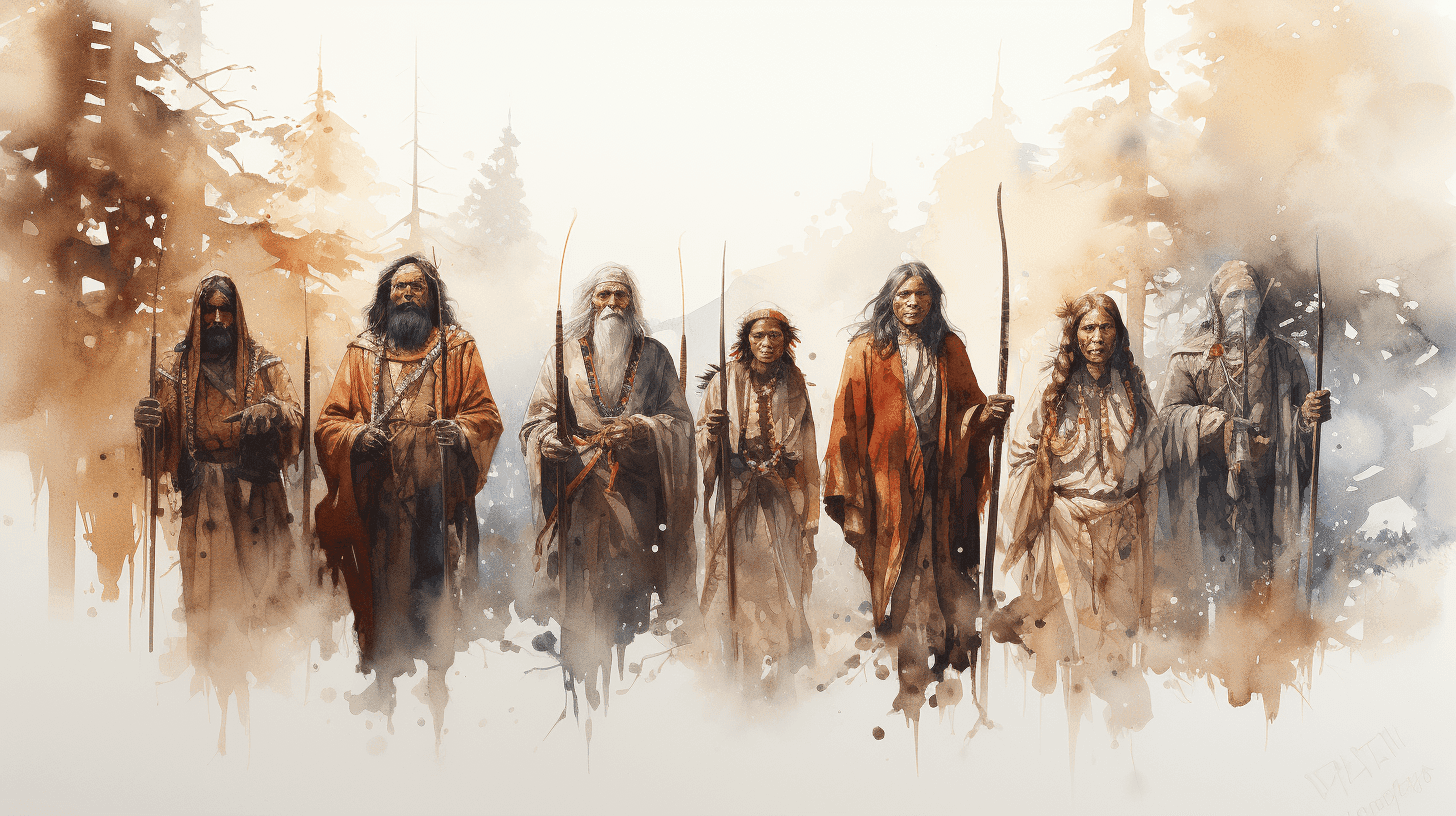Dreaming About Ancestors: What It Means and Why It Matters
Dreams about ancestors can be powerful, emotional, and often deeply spiritual. Whether you saw a grandparent who passed away years ago, an ancient family figure you never met, or a line of unknown ancestors, these dreams tend to leave a lasting impression. But what does it mean to dream of ancestors, and why does it matter?
In this post, we explore the symbolism of ancestor dreams, what they may reveal about your emotional state, and how to interpret their messages. If you’ve recently had a dream involving your forebears, this guide will help shed light on its possible meanings.
Why Do We Dream About Ancestors?
Dreams featuring ancestors are more common than many people think. These dreams often occur during moments of personal transformation, emotional difficulty, or deep reflection. They may reflect a desire for guidance, a connection to your roots, or unresolved issues tied to family history.
In most traditions, ancestors are seen as wise, guiding figures who have lived through challenges and learned important life lessons. Seeing them in a dream may be your subconscious mind reaching out for that wisdom or offering reassurance during uncertain times.
Common Interpretations of Ancestor Dreams
1. Seeking Guidance or Support
One of the most common meanings behind ancestor dreams is the need for support. You may be facing a decision or life path where you’re unsure of yourself, and your subconscious is calling upon the strength or advice of those who came before you.
If the ancestor in your dream spoke to you, pay attention to their words—they could hold symbolic advice or encouragement relevant to your current circumstances.
2. Feeling a Connection to Your Heritage
Dreaming of ancestors can also represent a yearning to understand your roots. This might arise if you’re exploring your cultural background, learning more about your family history, or feeling a need to belong or reconnect.
Such dreams may prompt you to seek out more knowledge about your lineage, traditions, or ancestral beliefs.
3. Healing Generational Trauma
Sometimes, dreams of ancestors reflect unhealed emotional wounds passed down through generations. If your dream involved conflict, illness, or sadness, it might be revealing unresolved family patterns. These dreams are not meant to disturb, but rather to invite healing, understanding, and closure.
Recognising these patterns is often the first step in breaking cycles and creating a healthier path forward.
4. Spiritual Messages or Visitations
In spiritual and indigenous traditions, ancestors are believed to visit the living through dreams. If the experience felt vivid, sacred, or unusually calm, you may have received a visitation—especially if the dream brought a sense of peace or clarity upon waking.
While this interpretation depends on your personal beliefs, many find comfort in the idea that loved ones can communicate beyond the physical realm.
Specific Scenarios and Their Meanings
Dreaming of a Deceased Grandparent
This is perhaps the most common ancestor dream. Often, grandparents symbolise love, wisdom, and protection. If they appeared healthy or joyful, it may signal their blessing or pride in you. If they seemed distressed, the dream might be pointing to unresolved emotions or the need to reflect on their teachings.
Meeting Unknown Ancestors
Dreaming of ancestors you never met may symbolise untapped potential or hidden aspects of your identity. These dreams may urge you to explore parts of yourself that feel distant or forgotten—like creativity, strength, or old family values.
Ancestors Giving You Something
If an ancestor handed you an object in a dream—a book, key, or item from the past—it likely holds symbolic meaning. These objects could represent knowledge, access to family wisdom, or a gift meant to empower you in waking life.
Emotions Matter: How You Felt in the Dream
Understanding your emotional state in the dream can help interpret its deeper message:
- Comforted or protected: You may be in need of reassurance and emotional stability.
- Confused or frightened: You might be confronting buried issues or uncertainties tied to your past.
- Inspired or peaceful: A sign you’re aligning with your true self or receiving validation for your path.
Dreams speak the language of emotion, so how you felt can sometimes reveal more than the images themselves.
What to Do After Dreaming About Ancestors
If you’ve recently dreamed of an ancestor, here are a few practical steps to consider:
- Write down the dream: Capture as much detail as possible—what was said, how you felt, the setting.
- Reflect on your current life situation: Are you facing a challenge or transition that requires inner strength or guidance?
- Research your family history: Learning more about your roots may bring clarity or deeper meaning to the dream.
- Meditate or journal: This can help uncover hidden messages and allow space for personal insight or healing.
Final Thoughts: What Does Dreaming of Ancestors Really Mean?
Dreams about ancestors are rarely random. They often carry emotional depth, spiritual insight, and meaningful guidance. Whether they represent your longing for connection, a call to explore your heritage, or an invitation to heal old wounds, these dreams can be transformative.
Remember, your ancestors were human too. They faced challenges, made mistakes, and carried wisdom that, through dreams, may still live within you. When you dream of them, it could be your own inner voice—shaped by generations—offering support, strength, and clarity.
Listen closely. The message might be exactly what you need to hear.



